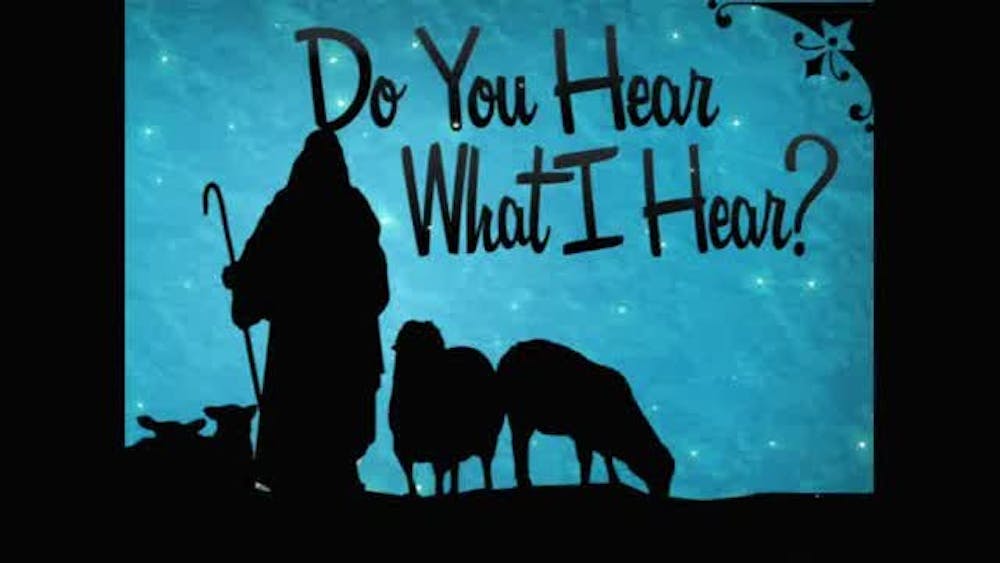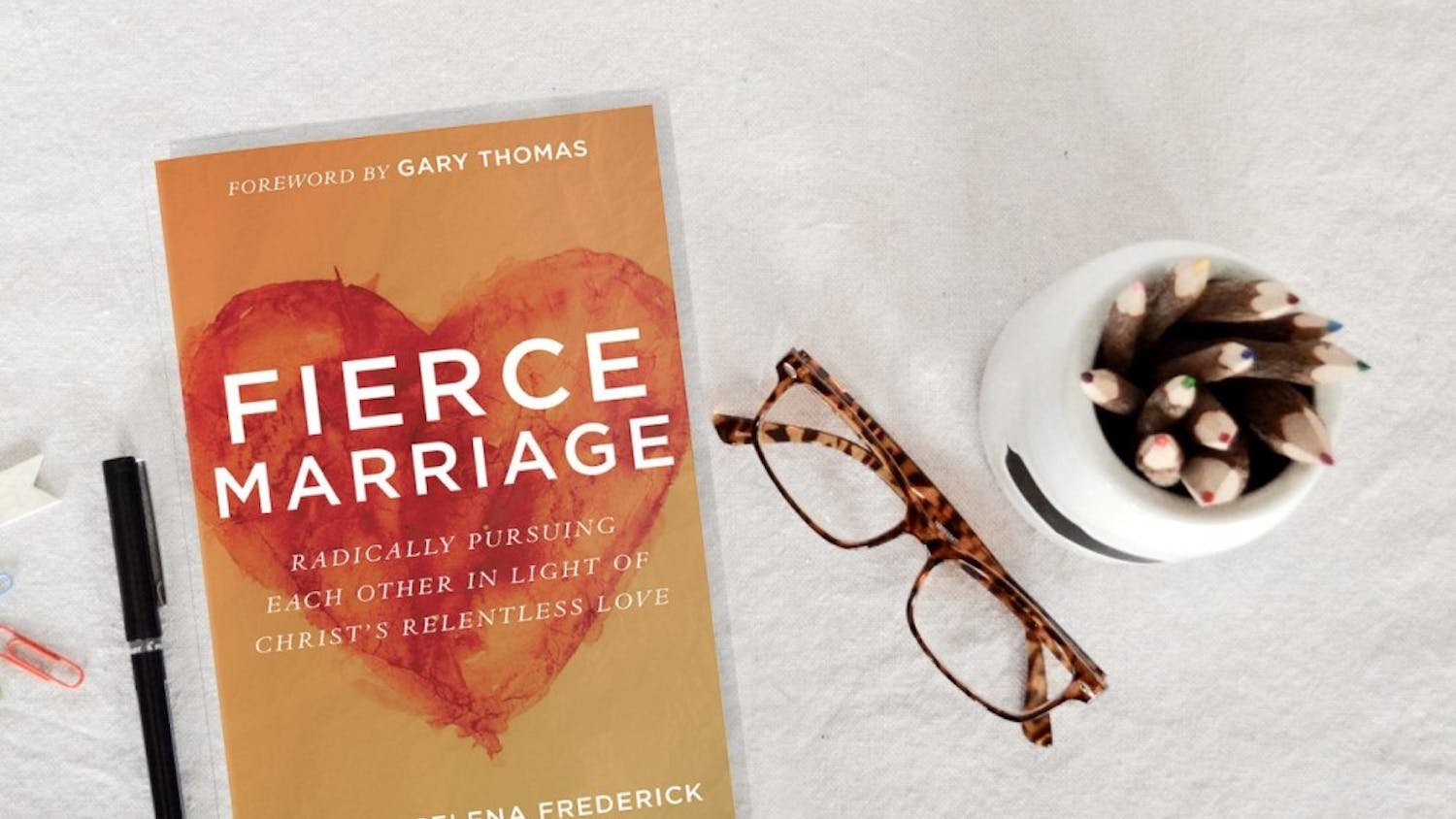By Kristin Gaffney | Echo
December has come, and Christmas music can now be played loudly in the dorm without the chorus of "Not yet!" from angry roommates and neighbors. The origins and meanings behind our favorite holiday songs, however, are often not what we think.
"Do You Hear What I Hear?"
This song was the one-hit wonder by songwriting team Noel Regney and Gloria Shayne in 1962. The childish innocence of a "star with a tail as big as a kite" is actually describing the sight of a nuclear explosion.
Noel Regney was a World War II veteran who wrote the song as a plea for peace during the Cuban Missile Crisis. The third verse describes a shepherd boy going up to a warm and wealthy king with a story of "a Child, shivering in the cold," a plea that sparks the king's urgent call for peace.
"We couldn't sing it," Shayne said in an interview with her daughter Gabrielle. "It broke us up."
"Rudolph the Red Nosed Reindeer"
"Rudolph," the original 1939 booklet, was a corporate creation commissioned by Montgomery Ward, a Chicago-based retail business. They were looking for a cheaper alternative to their holiday giveaway. Robert May was the author. Not knowing the popularity of his book, he retained no legal rights.
When the "Rudolph" fad began to die out, Ward signed over complete control of the legal rights to May. May's songwriting brother-in-law then set the words to music, and ensured the shiny nose would truly "go down in history." Robert May has since lived comfortably on the royalties from his creation.
"Baby It's Cold Outside"
Though it's not a Christmas song, the 1944 duet by Frank Loussier is often played as an atheistic alternative to traditional Christmas melodies. The song has sparked much controversy, with lyrics such as "The answer is no" and "Say, what's in this drink?" for the female singer, raising potential questions about the male singer's intentions. It's not hard to make the case from these lyrics that the song is a description of date rape, much like the controversial "Blurred Lines" did earlier this year.
The female, because of the man's ongoing excuses and the presence of alcohol, ignores what her family would think and sleeps with the man in the song. The original notes for the song, written for the film "Neptune's Daughter," describe the roles of the singers as "mouse" and "wolf," indicating a predator/prey relationship.
The final verse has her asking for a comb, saying "You've really been grand," and insisting that now she really has to go.





